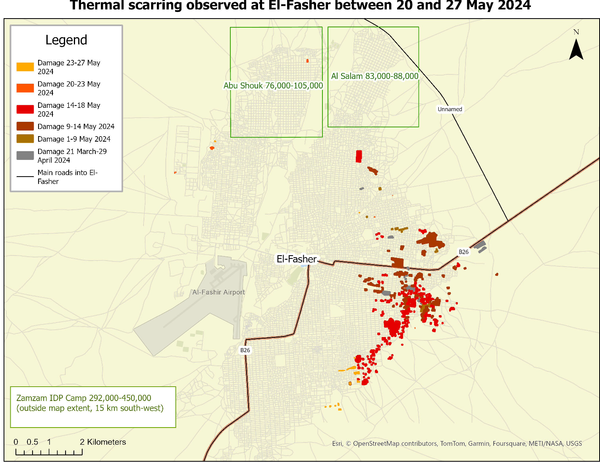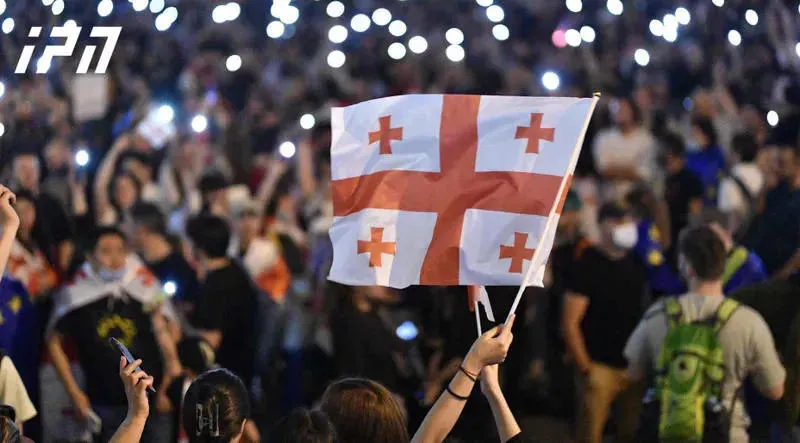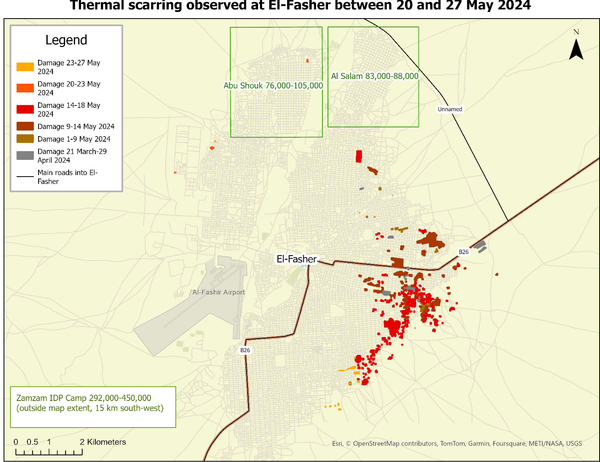Jeremy Lichtman on the Situation in the Middle East

Dateline April 16, 2024
- It feels like things are at an inflection point. It may now be possible for diplomacy to succeed (both on Iran and Gaza). On the other hand, there's the possibility of escalation.
- Gaza is actually quiet lately. Most Israeli troops are out of Southern Gaza, they're only conducting limited operations, people are moving back to the North, and aid is starting to come in. On the flip side, Hamas rejected the latest ceasefire plan.
- It's very hard to get a full picture of what's going on with those peace talks. Most of the action happens behind the scenes, there's a lot of maneuver by various parties engaged in diplomacy, some of which is aimed at each other. Qatar seems to have been edged out by Egypt, and they're not happy about it. The various parties put out press releases which may or may not be truthful. My best understanding right now is that Israel (while still threatening a Rafah invasion) has signed onto the US proposal, and Hamas has essentially split into two and can't get internal agreement on strategy. Things are complicated by the number of hostages still surviving - it's likely that many are dead, and further that many are actually held by independent actors that aren't controlled by Hamas or PIJ.
- With respect to Iran, the attack over the weekend is best described as throwing a cream pie at an enemy and missing. There's a question on both sides now. Iran acts symbolically and in a face-saving manner. Did this attack actually satisfy either of those criteria? I'd put things down as 100% that Iran will seek further actions against Israel in the future, but are they done for now? On the Israeli side, they've been discussing retaliatory actions for days now, which is out of character. Will diplomatic pressure stop them from acting right now? I'd put things down as 100% that they'll still continue acting against Iran in the future, but are they done for now?
- On the Northern front, Hezbollah appears to be trying to find an offramp. Again, there's the issue of face-saving behavior (i.e. they're committed to acting on behalf of Gaza, and further they have had heavy losses in the past few months and tend to seek revenge). On the flip side, they tend to be disciplined in their approach, and I'm guessing that Iran has asked them to tone things down now. Certainly, the number of attacks have dropped off since the weekend.
- In the South, the Houthis continue to threaten, but Israel is essentially out of their range. Will they continue attacking shipping? I'd guess so. I suspect that Israel/Gaza is primarily a way for them to recruit soldiers though. Their ultimate goal is taking over the entirety of Yemen.
- There are other side issues here. Jordan has had some instability. Their military is strong, and completely aligned with the King, and furthermore, the Israelis and the US will assist in supporting their government if necessary.
- Syria is still a mess, and there's many different armed groups with differing allegiances and goals. This isn't getting fixed any time soon. Iranian and Russian involvement props up Assad, but both groups have their own separate goals. This tends to split over into Lebanon too.
- Lebanon is an economic and political mess, and Hezbollah isn't helping in the South. Factions are shifting though. I think this eventually resolves, particularly if Hezbollah stands down. It's become exceptionally unpopular among virtually everyone else in the country.
- Iraq is also still a mess. Their government basically controls Baghdad, and is split between Sunni and Shiite factions. It seems to be stable for now, but the rest of the country is divided. The Kurds in the North seem to have their act together though. Unclear regarding remaining US forces in the country, and if those leave will ISIS regain strength?






